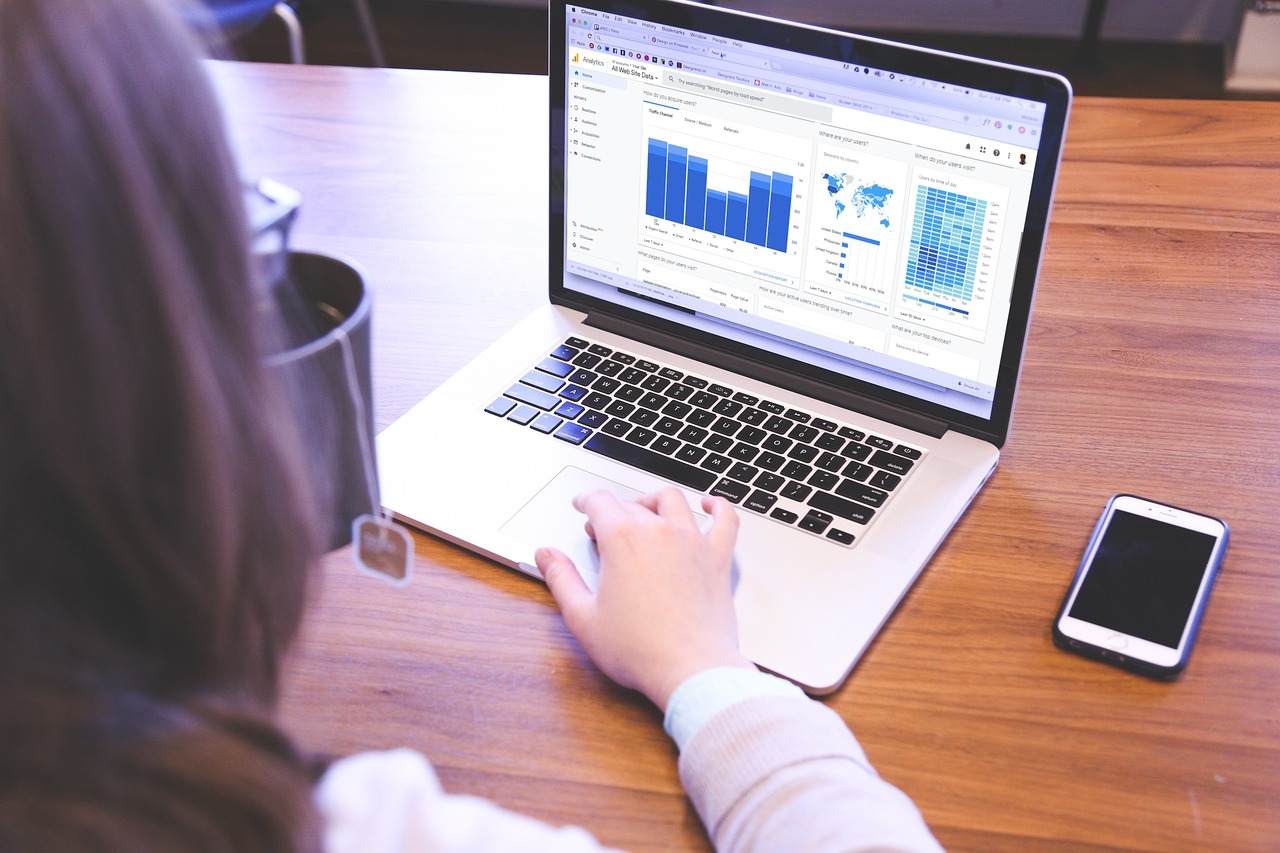A plastic bottle drifts on the waves of the sea at a fishing port in Isumi, east of Tokyo, Japan November 21, 2018. REUTERS/Issei Kato – RC1B9B07A350
Sign up now for Absolutely free endless accessibility to Reuters.com
WASHINGTON, May well 12 (Reuters Breakingviews) – The plastic h2o bottle has develop into almost ubiquitous. Maybe you have just one sitting down on your desk or in your refrigerator suitable now. But imagine about what transpires to it the moment you are concluded with it.
Along with billions of other single-use plastic things, that h2o bottle may possibly properly end up in the world’s oceans. It really is difficult to know for certain how substantially plastic has now located its way into our seas, but it could be as large as 200 million metric tons, the United Nations estimates.
We do know, however, that it usually takes the ocean hundreds of decades to crack plastic down. The air pollution developed as it degrades has harming outcomes on both of those the natural environment and the overall economy, impacting plants, animals and ecosystems, as effectively as coastal tourism that accounts for a significant share of GDP in several establishing economies.
Register now for No cost unrestricted obtain to Reuters.com
Nowhere is this issue much more acute than in Asia, which creates much more than 80% of maritime plastic waste. Swift urbanization, a soaring center class and Covid-19 have all contributed to greater plastic intake in latest several years. But community squander management infrastructure has not held pace, and the setting is spending the selling price. Fifteen of the world’s 20 most plastic-polluted rivers stream as a result of the region, and the ASEAN Catalytic Green Finance Facility estimates full cleanup charges for those in Southeast Asia by yourself at just about $300 billion.
Blue finance has emerged to help resolve this crisis. Constructed on the model that created eco-friendly finance a success, the Environment Bank and the Republic of Seychelles issued the initial sovereign blue bond in 2018. Demand for the asset course has grown because.
IFC just lately invested in the initial blue bonds issued by banking companies in the Philippines and Thailand. Thai Union (TU.BK), the world’s major canned-tuna producer, has issued sustainability-joined debt with blue functionality targets. Dedicated venture-capital cash are receiving included, with Singapore-based Circulate Funds boosting more than $100 million in 2019 for the very first investment fund dedicated to addressing Asia’s plastic crisis. Blue-carbon offset jobs are also emerging.
This is crucial progress. But a lot more desires to take place to build the blue finance ecosystem the world wants. The value of employing the UN’s Sustainable Development Intention aimed at conserving oceans, seas, and marine resources is approximated at $175 billion per calendar year by means of 2030, for each the Konrad-Adenauer-Stiftung believe tank, far better than the recent $26 billion used yearly.
Govt action is probably to push demand even greater. In March, 175 nations endorsed an historic resolution at the UN Natural environment Assembly in Nairobi to finish plastic pollution, and ASEAN member states released a regional action prepare final calendar year to tackle the disaster. Inexperienced Community Procurement, where by governments use their paying for electric power to purchase sustainable items and providers, is also gaining traction. Broader adoption of these endeavours could be match-changing. Governments all around the globe invested $11 trillion on public contracts in 2019, equivalent to 12% of international GDP.
Meeting this need for blue finance will call for a multi-pronged, multi-stakeholder response. IFC is fully commited to performing its portion. We not long ago released our first Guidelines for Blue Finance, which are intended to unify benchmarks and assist traders and issuers detect eligible blue-venture categories. We’re also educating banks to build bankable and sizable blue belongings for financial investment and aiding them generate new environmental and social risk-management mechanisms for blue sectors.
But substantial guidance will also be needed from the two the community and non-public sectors. Regulators ought to introduce additional policies to assist absolutely unlock blue investment decision possibilities. This includes redesigning recycling specifications for packaging and setting obligatory recycled material standards. Central governments ought to also make an enabling environment for cities to borrow responsibly, making it possible for them to better deal with their plastic waste.
We want to harness the modern energy of the personal sector as very well. We’re presently observing this type of innovation in action. The plastic drinking water bottle on your desk or in your fridge could soon be built fully from plant supplies. In other places, chemical recycling is creating worth from formerly unrecyclable plastics these types of as crisp packets by breaking them down into petrochemical feedstock, which can be reused to make new polymers. We will need extra of these terrific strategies, at an even larger scale, if we are to successfully limit the impression of plastics on our oceans blue finance will play an critical function in acquiring us there.
The environmentally friendly bond marketplace has surpassed $1.5 trillion of issuance. We now need its blue cousin to make a comparable effect. We have to harness global aid for blue finance from governments, businesses, investors, and development establishments. The world’s oceans are counting on it.
CONTEXT Information
– Makhtar Diop is Taking care of Director of the Global Finance Company.
Register now for No cost unlimited access to Reuters.com
Editing by Antony Currie and Katrina Hamlin
Our Requirements: The Thomson Reuters Rely on Principles.
Viewpoints expressed are those of the author. They do not replicate the sights of Reuters Information, which, less than the Have confidence in Rules, is fully commited to integrity, independence, and flexibility from bias.






